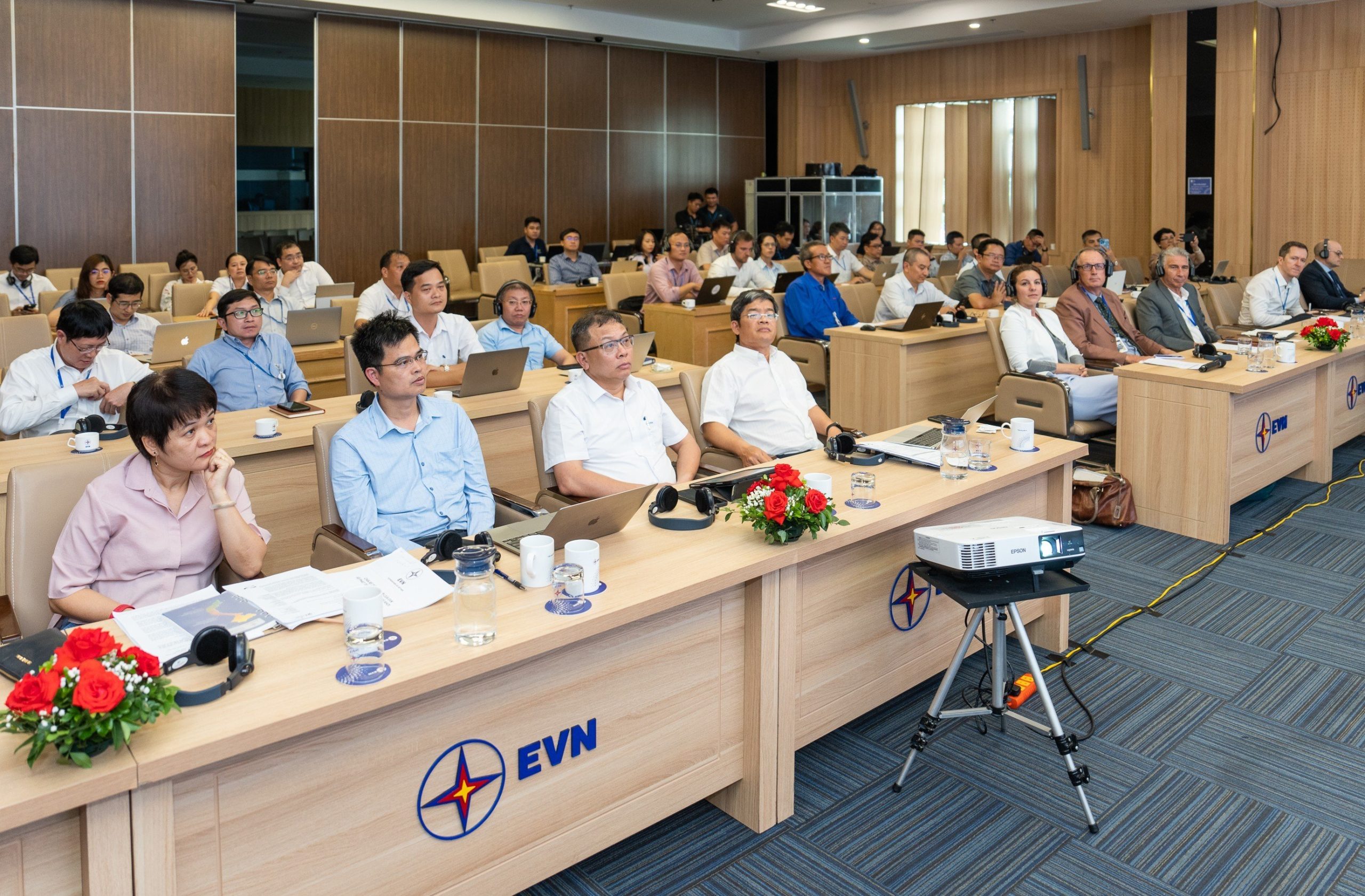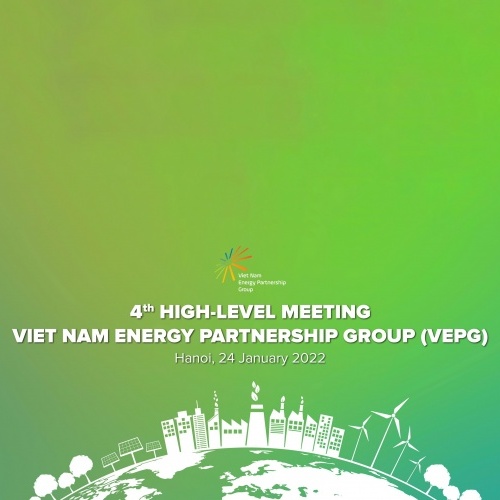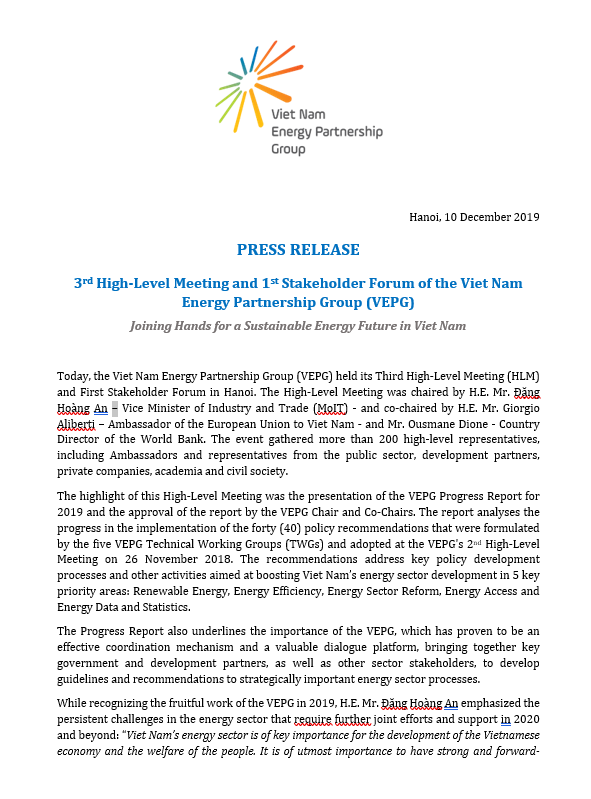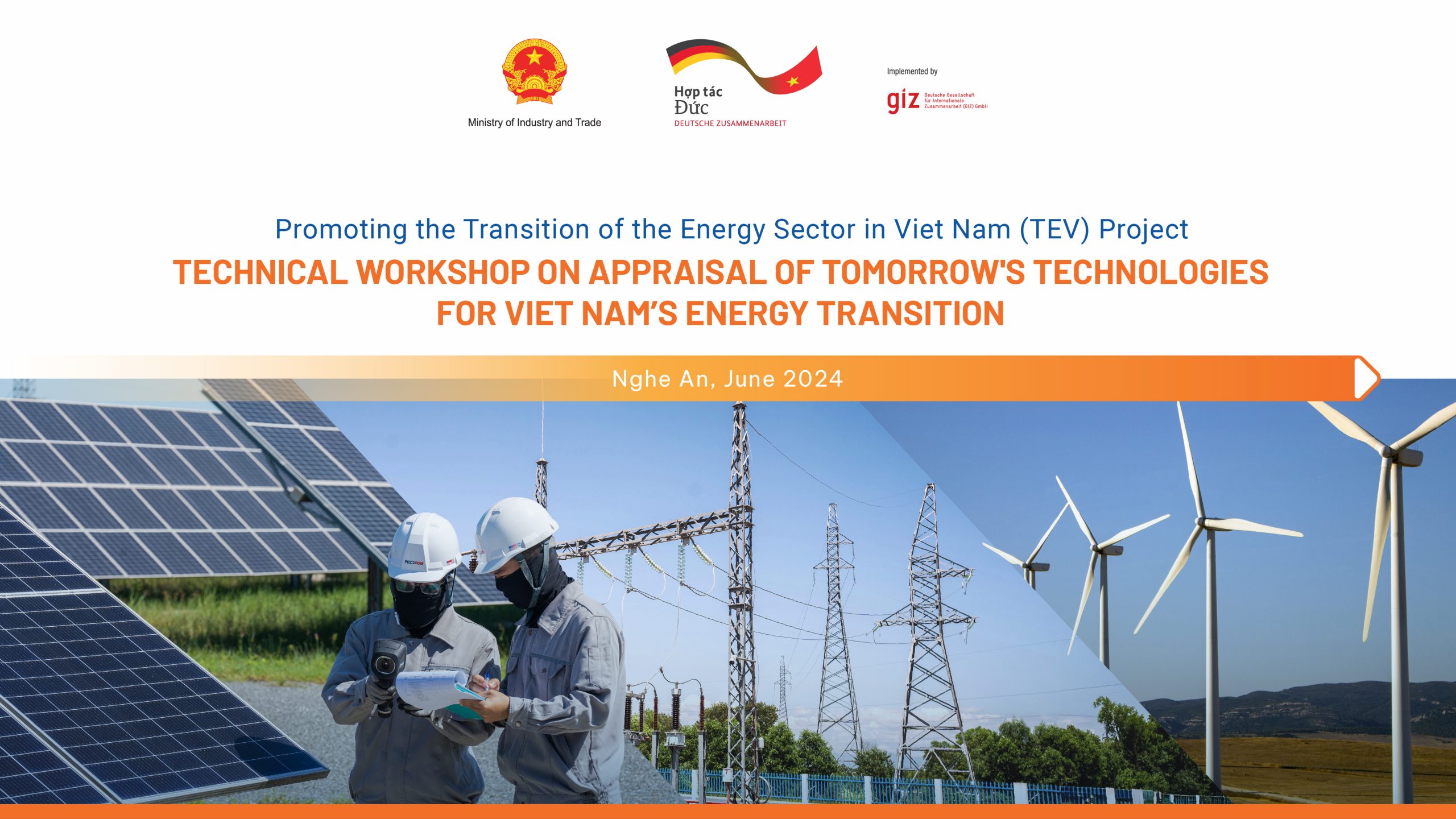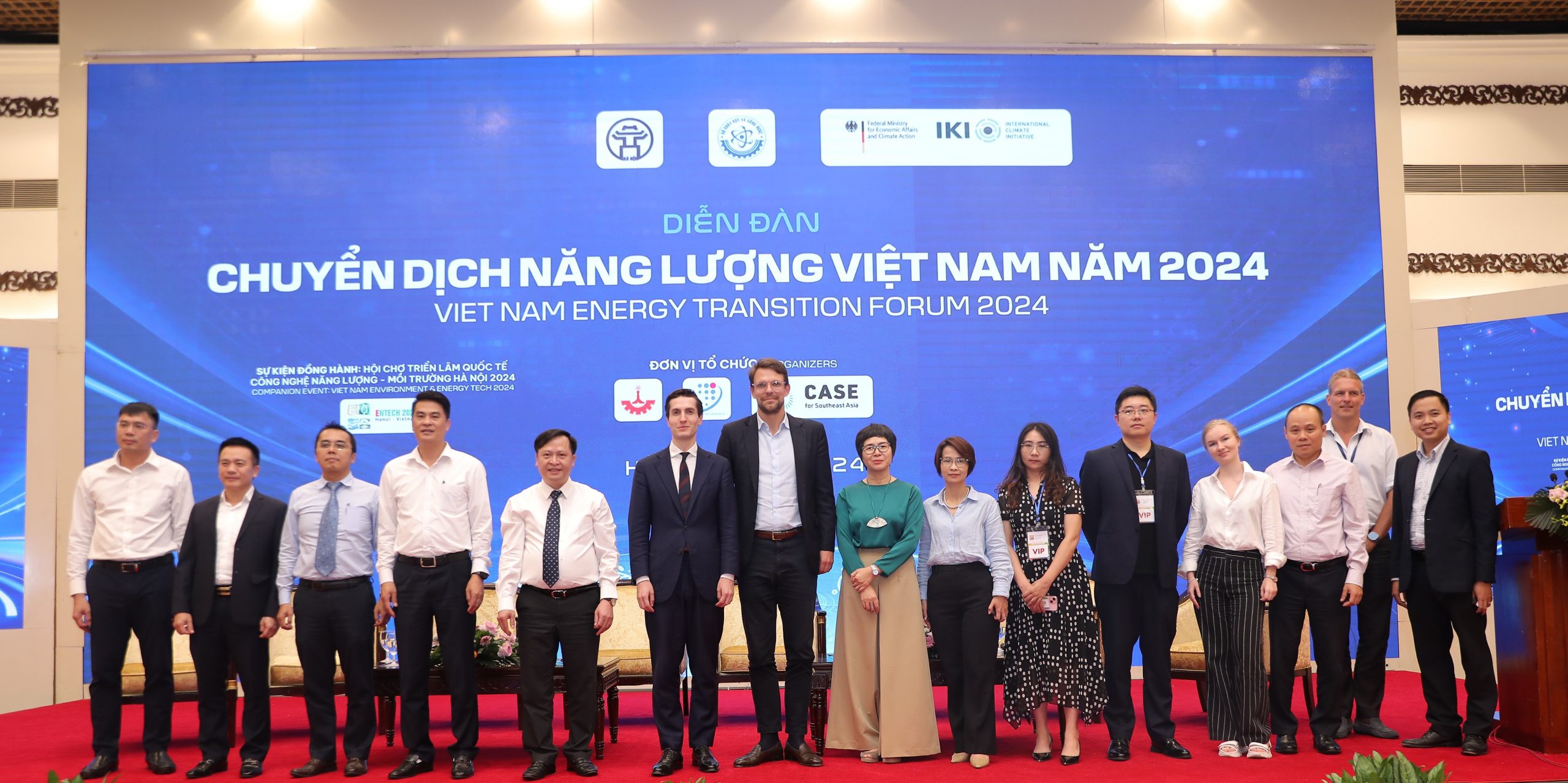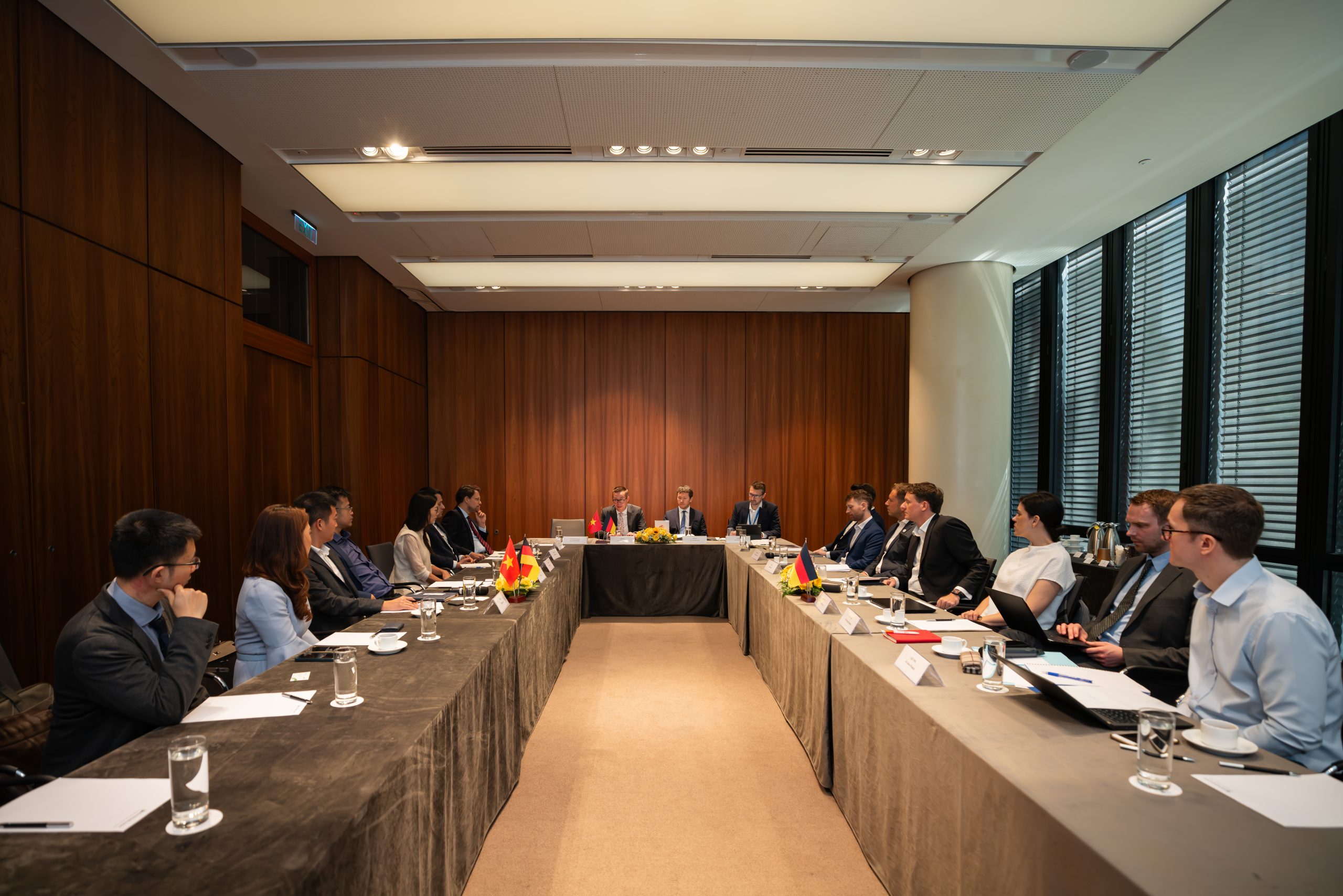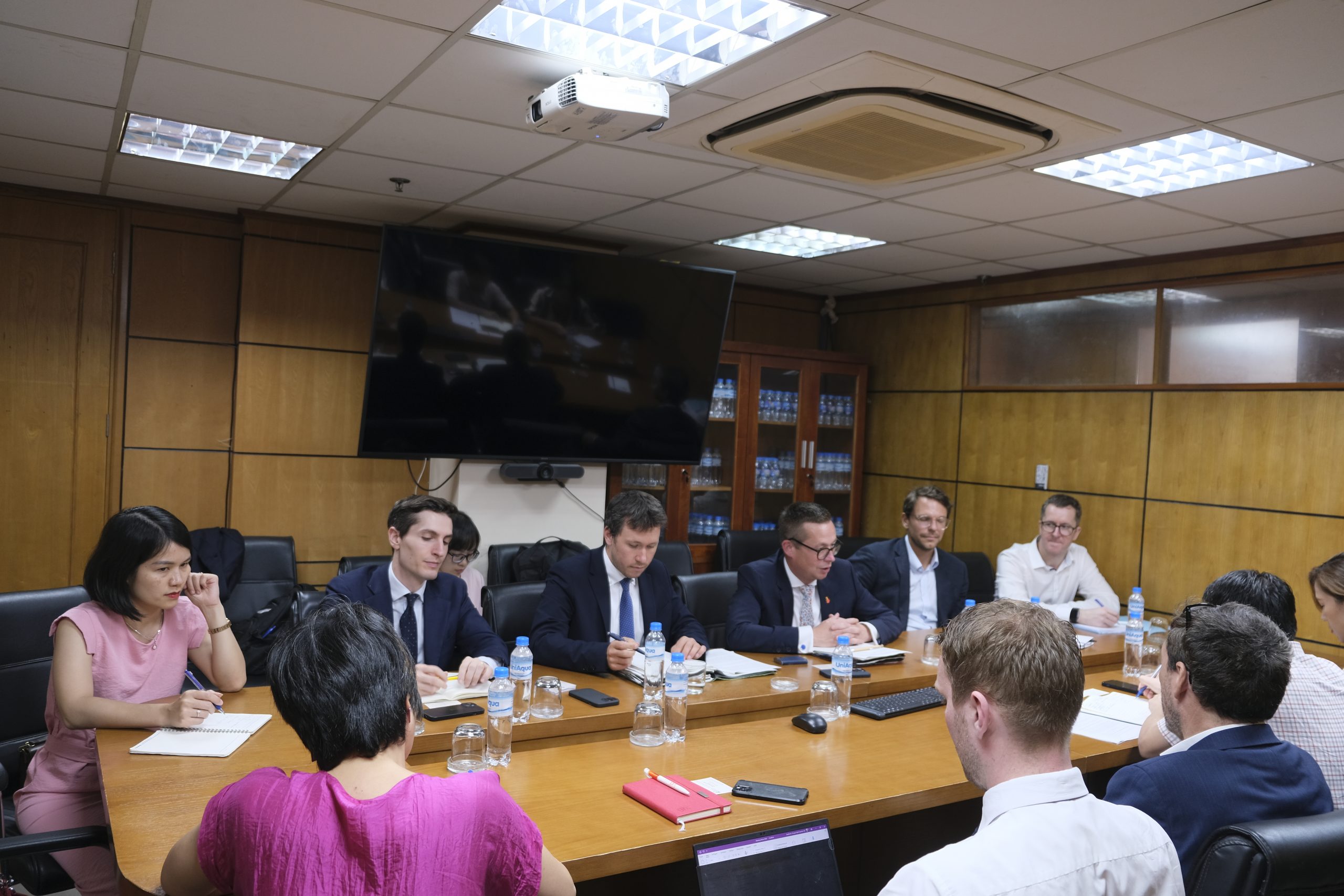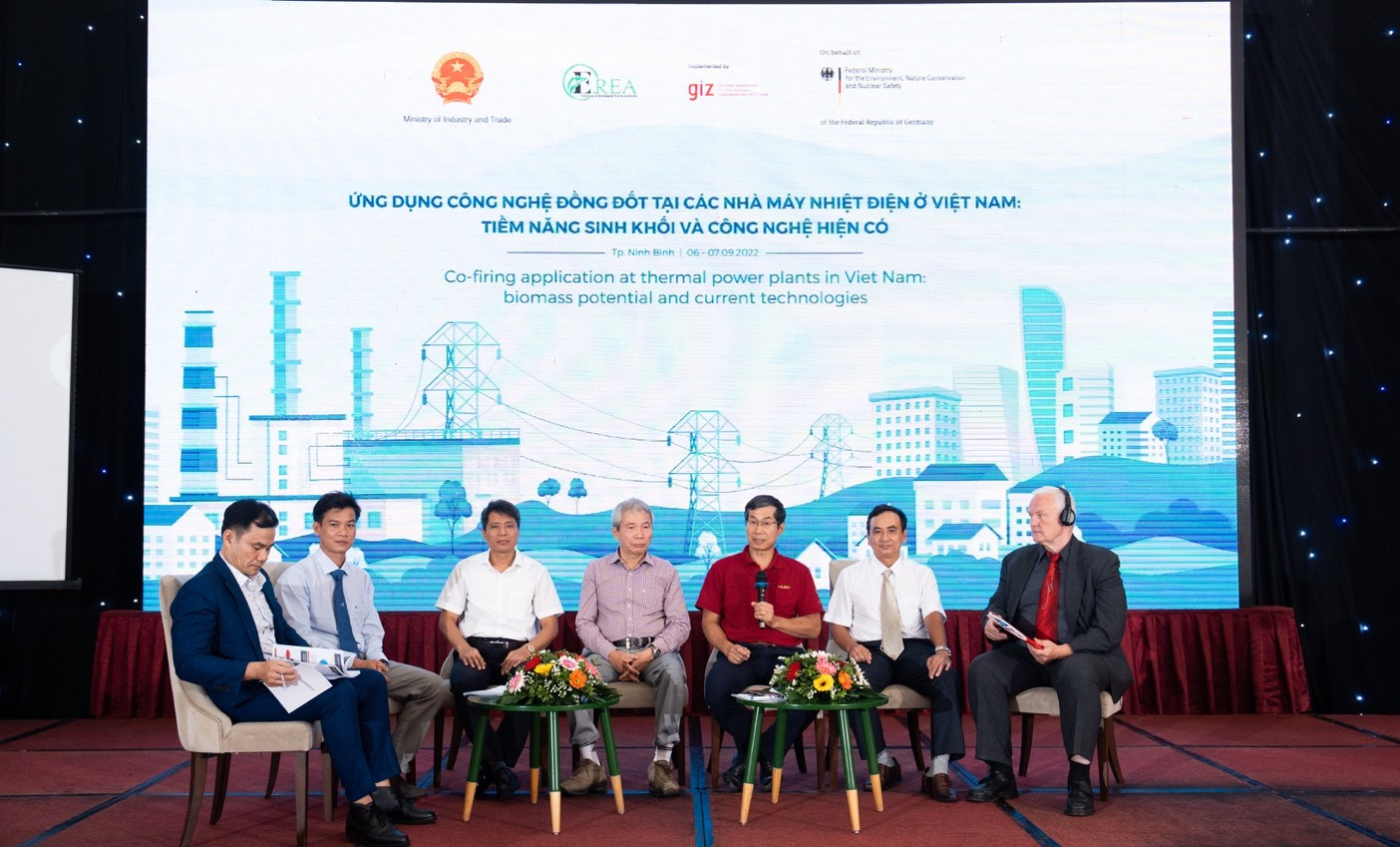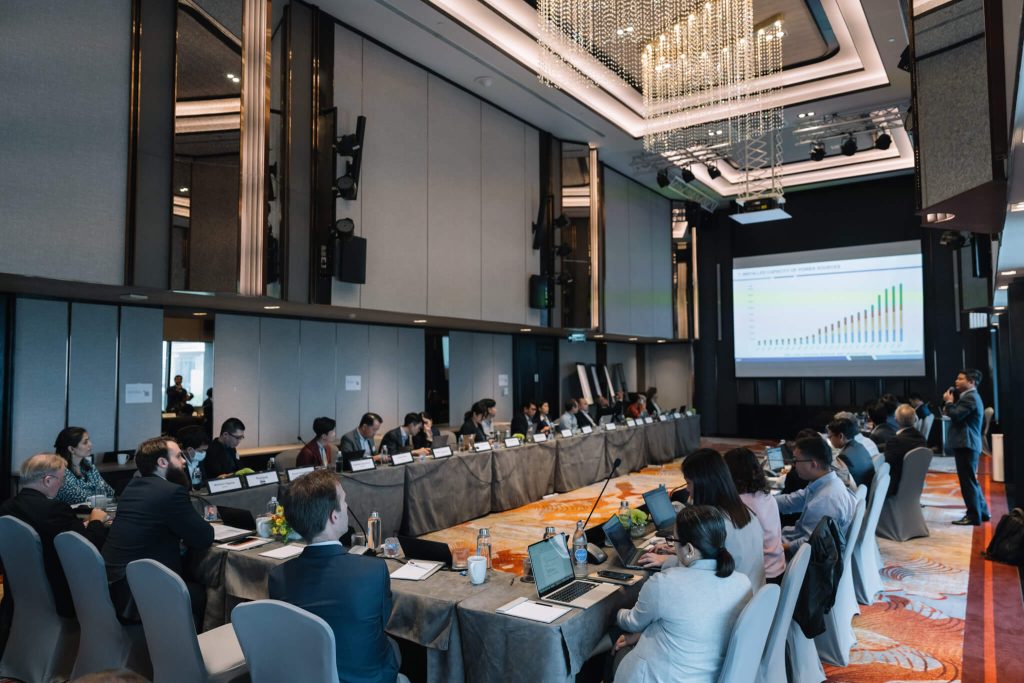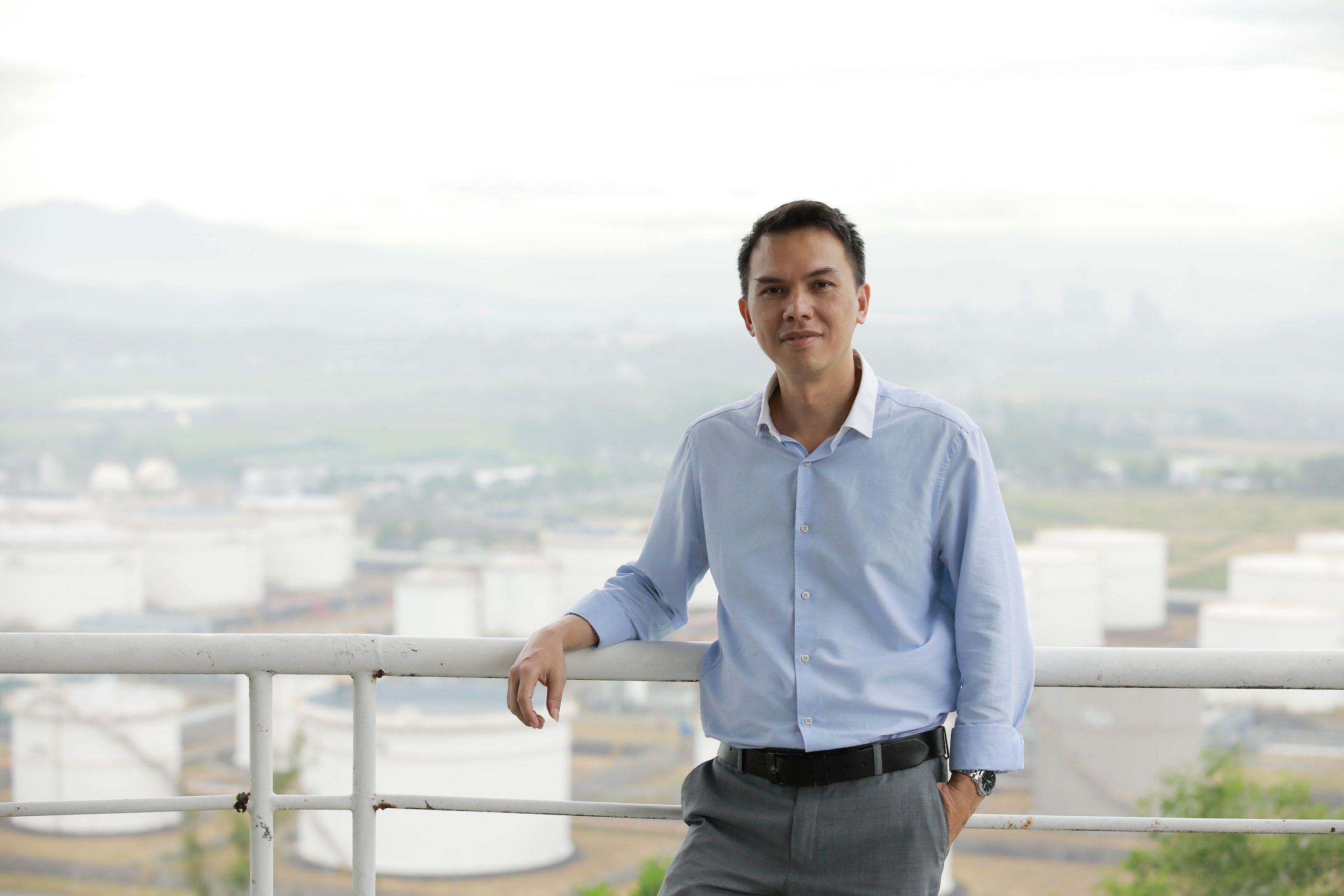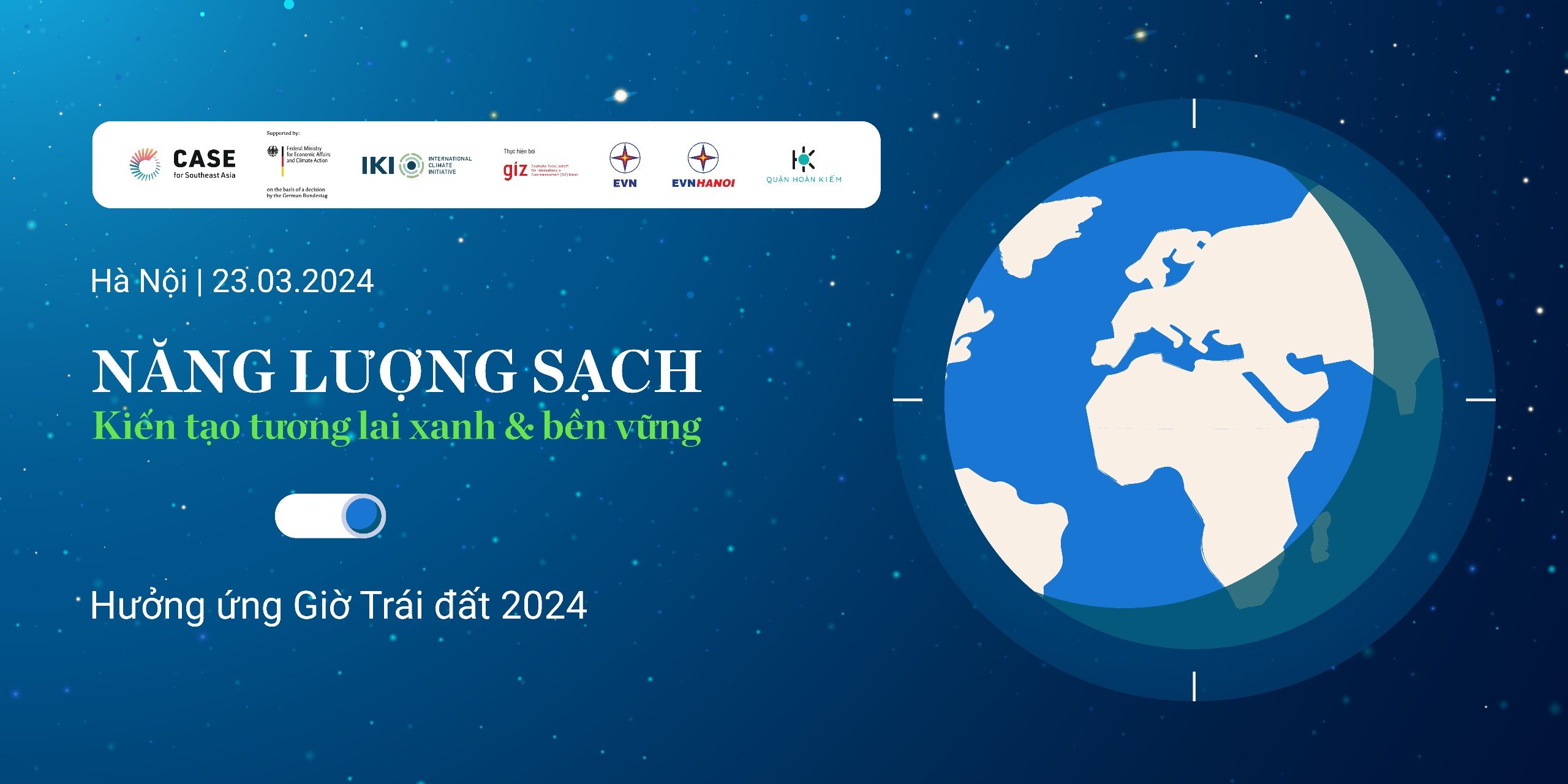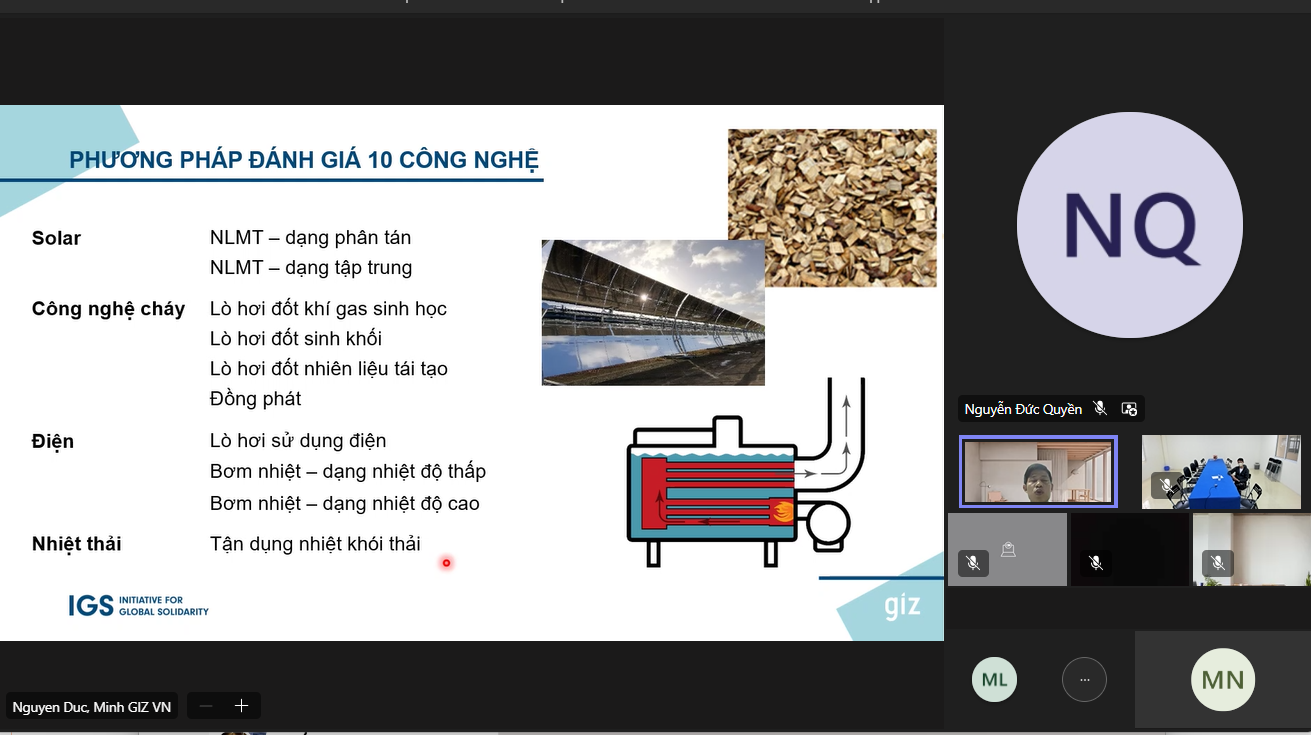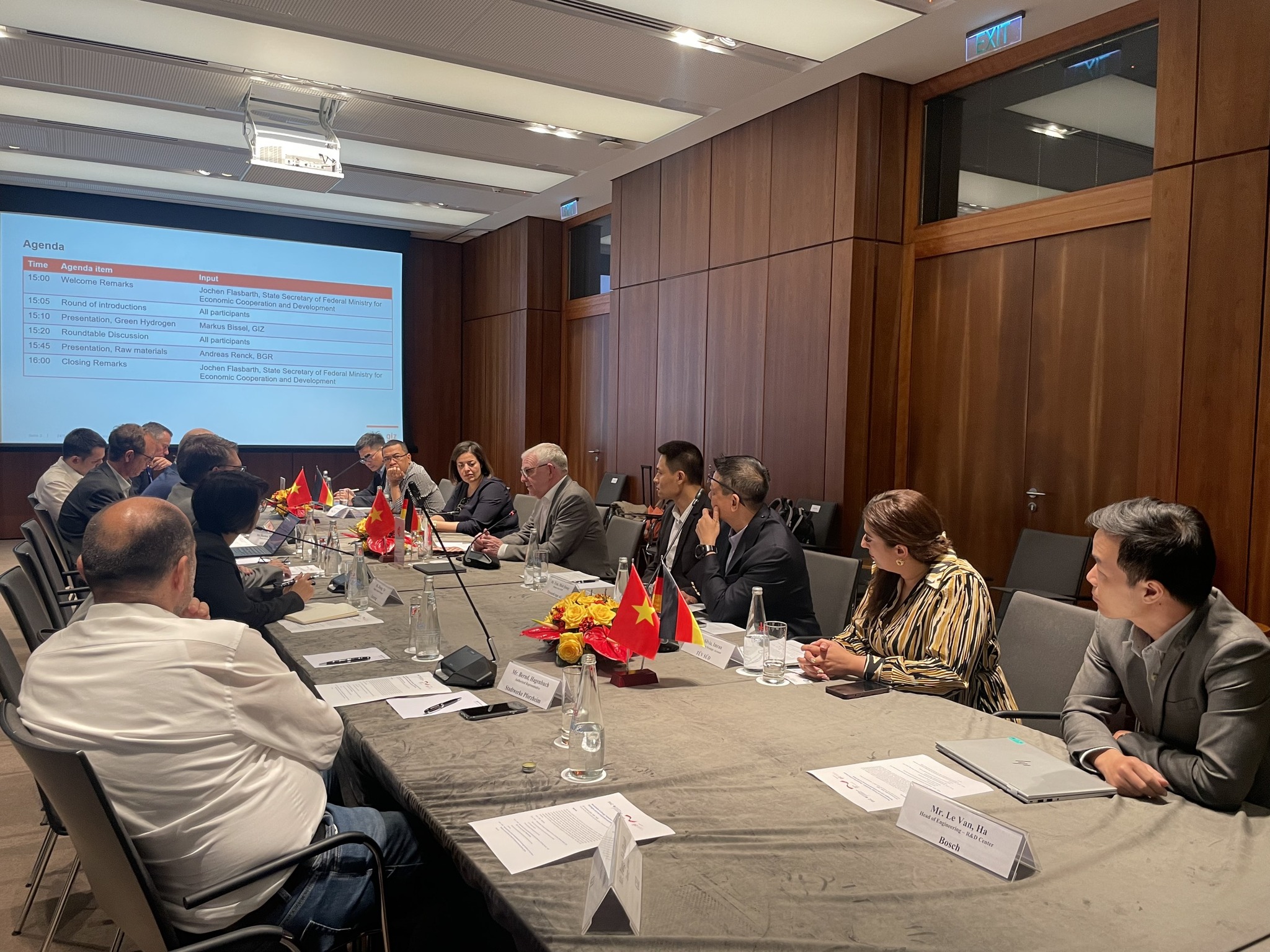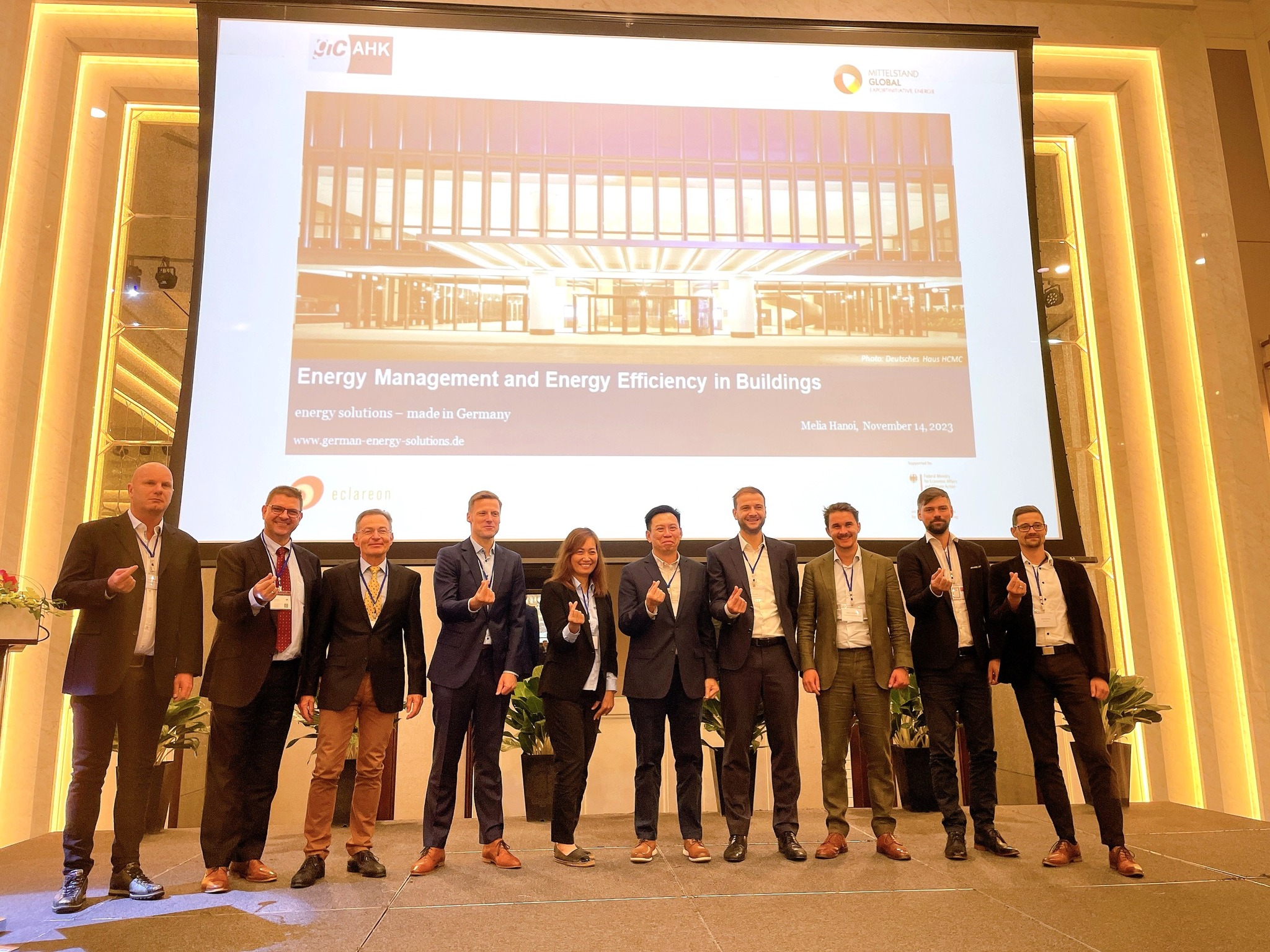Hanoi, June 1, 2023.
Within the framework of the Vietnam Energy Partnership Group (VEPG), the VEPG Offshore Wind Task Force in cooperation with the Electricity of Vietnam (EVN) held a Workshop on “Grid connection, operational management and technical aspects of Offshore Wind” in Hanoi.
The workshop was chaired by Mr. Nguyen Tai Anh, Deputy General Director of EVN, and Mr. Sven Ernedal, Head of VEPG Offshore Wind Task Force within the framework of the VEPG. The Workshop was attended by nearly 100 delegates, who are leaders and officials from the units under the Ministry of Industry and Trade (MOIT) and EVN; Embassies of Denmark, the United Kingdom, Australia; representatives and energy experts from international organizations, as well as domestic and foreign associations and enterprises.
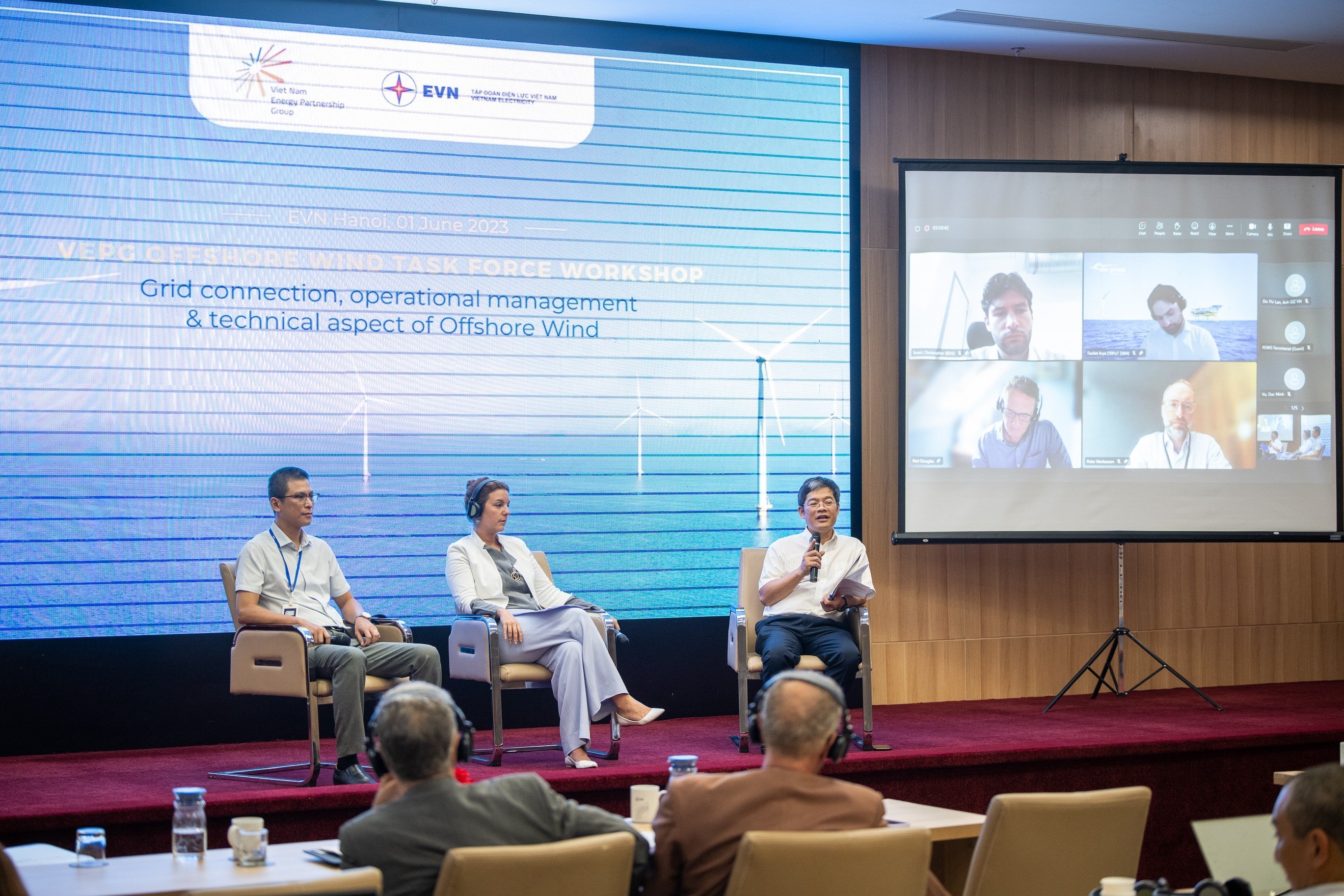
The Workshop focused on the potential of Offshore Wind (OSW) development in Viet Nam, as well as the status and challenges for OSW operation and grid connection. According to the National Power Plan for the period of 2021-2030, with a vision to 2050, Viet Nam has set the target for OSW installed capacity nationwide of 06 GW by 2030, and 70-91 GW by 2050. This goal is to ensure national energy security, as well as meet the increasing demand for energy across the country, keeping pace with socio-economic development. According to international practice, to put an Offshore Wind project into operation, it takes 8 to 9 years to prepare and implement the investment. Therefore, EVN recommends that it is necessary to finalize the legal regulations on investment, construction and operation of OSW projects, and attract investment and upgrade infrastructure to meet development requirements.
As the unit supporting the MOIT in implementing the “Marine Spatial Planning” project sponsored by the World Bank, the representative of BVG Associates shared that the establishment of clear policies and targets will enable long-term investment, thereby reducing the cost of energy from OSW. This also helps to minimize risks and attract low-cost finance for project developers, enabling bankable project delivery.

International experts also shared experiences and perspectives while developing the Europen OSW market. The EU aims at integrating 300 GW of OSW by 2050. To realize that goal, it is necessary for EU to shift from point-to-point to hybrid and meshed offshore transmission infrastructure. This will help optimize infrastructure build-out and on-land beach crossings, increasing infrastructure utilization rates and improving the ability of power systems to match supply – demand. This will also increase flexibility and reduce need for re-dispatch.
Sharing from the Danish successful experience on OSW grid connection, the expert from Energinet also shared about the Offshore Wind development model in this country from the stage of political agreement to operation. During this process, it is necessary to settle responsibility for grid connection planning, investment and financing, grid planning location, choice of technology, as well as technical and operational standards. It is also said that the common challenges for large infrastructure projects are approvals on state and local levels, timeplan uncertainties, as well as risks for delays and changes in projects.
At the workshop, the VEPG Offshore Wind Task Force was also introduced. The task force plays the role of facilitating the dialogue between Viet Nam and international development organizations on OSW to identify examples of best practice and provide recommendations for key issues in Viet Nam. The task force is led by experts from the GIZ Energy Support Programme (ESP), with the participation of members who are representatives from the World Bank, the Embassy of Denmark, United Kingdom, ? Norwegian, ??etc., and energy experts from other countries and international organizations.
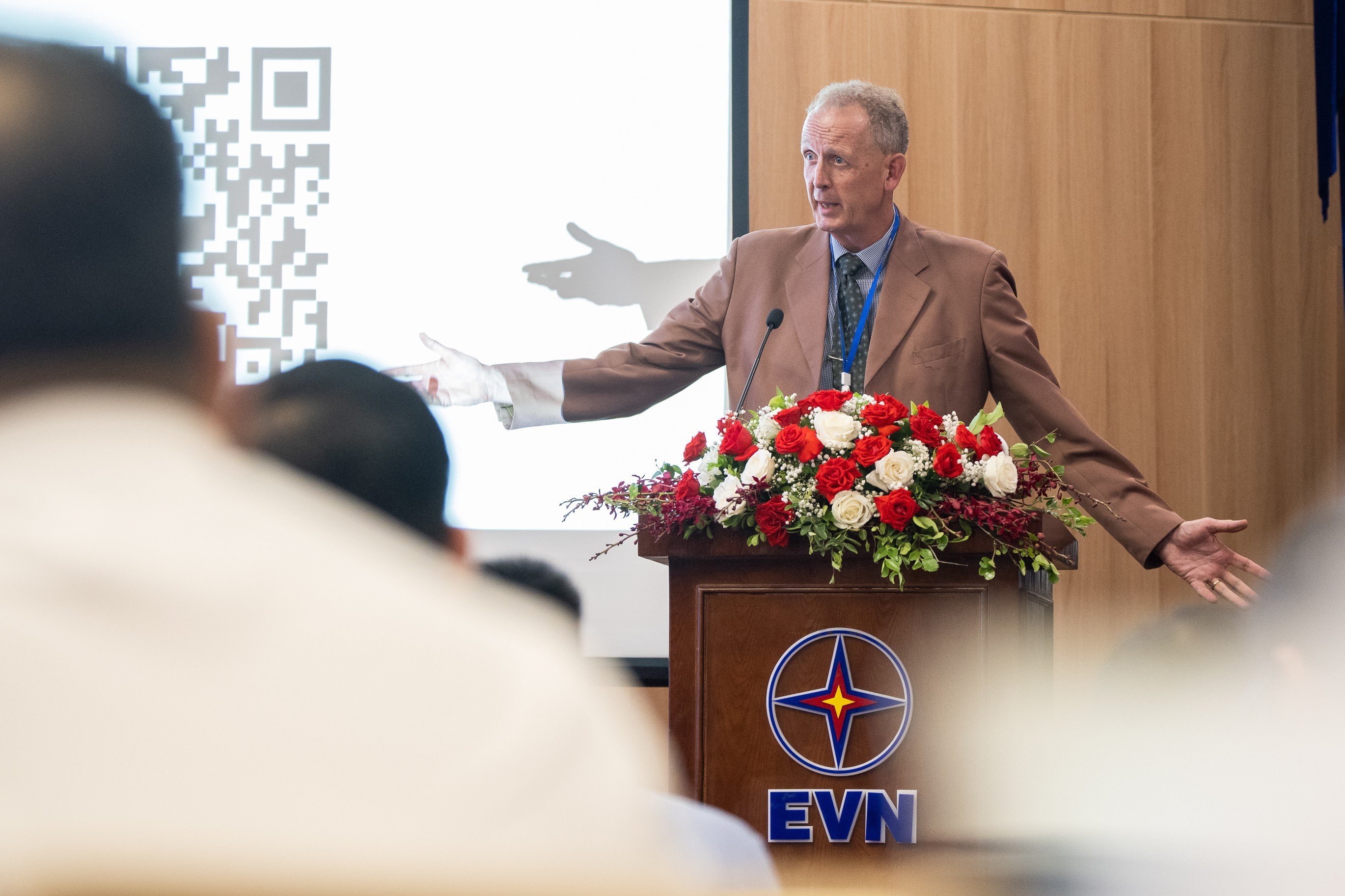
Speaking at the Workshop, Mr. Sven Ernedal – Head of the Task Force raised five reflections in the OSW development for consideration, including:
(1) What policy measures or incentives can be established to encourage investment in grid infrastructure for offshore wind power in Vietnam, and what are the most successful models from other countries that may be adopted for the Vietnamese context;
(2) It is essential that the development and approval of the Marine Spatial Plan, as well as the determination of the sites for offshore wind power development, is done transparently;
(3) It is strongly recommended that to support/invest in basic survey for first projects (pilots), including windspeed measurements, geophysical surveys and Environmental and Social Impact Assessment (ESIA);
(4) A Transition mechanism, for the development of the first 6 GW by 2030 as outlined in PDP8;
(5) One major challenge is the lack of clear guidelines and regulations pertaining to offshore wind energy necessary to enable the investment of offshore wind to meet the goals in the PDP8.
The Offshore Wind Task forces was established in December 2022 and under the Technical Working Group 2 on Renewable Energy within the framework of the Vietnam Energy Partnership Group (VEPG). The task force aims to ensure an open exchange among Task Force Members to optimize the use of available Technical Assistance activities, ensure prompt and transparent dissemination of information on related topics?, and propose focused, specific and cost-effective solutions to OSW related challenges and barriers. The Task Force holds monthly meetings to update on the progress of studies and relate issues to the OSW topics.?



